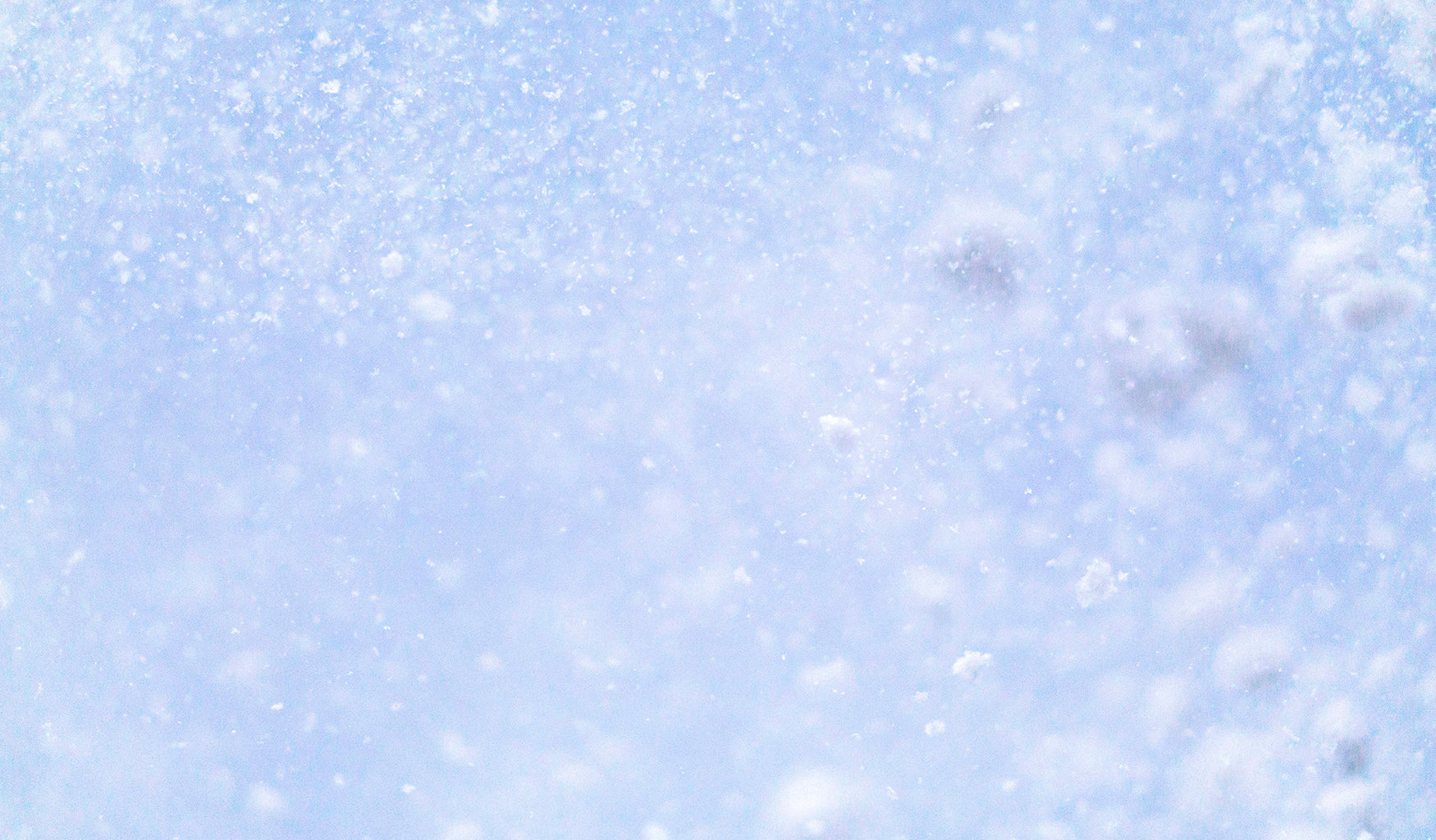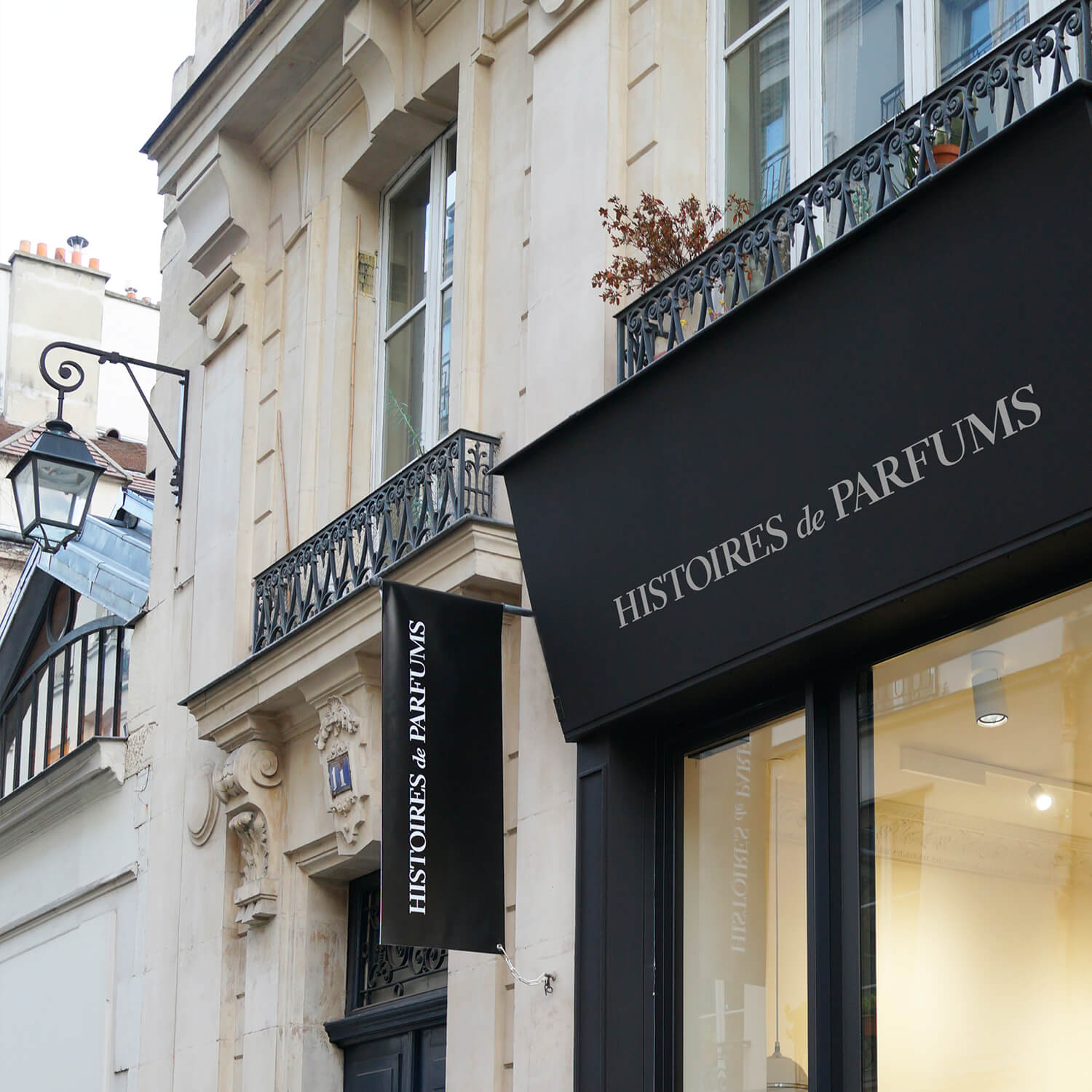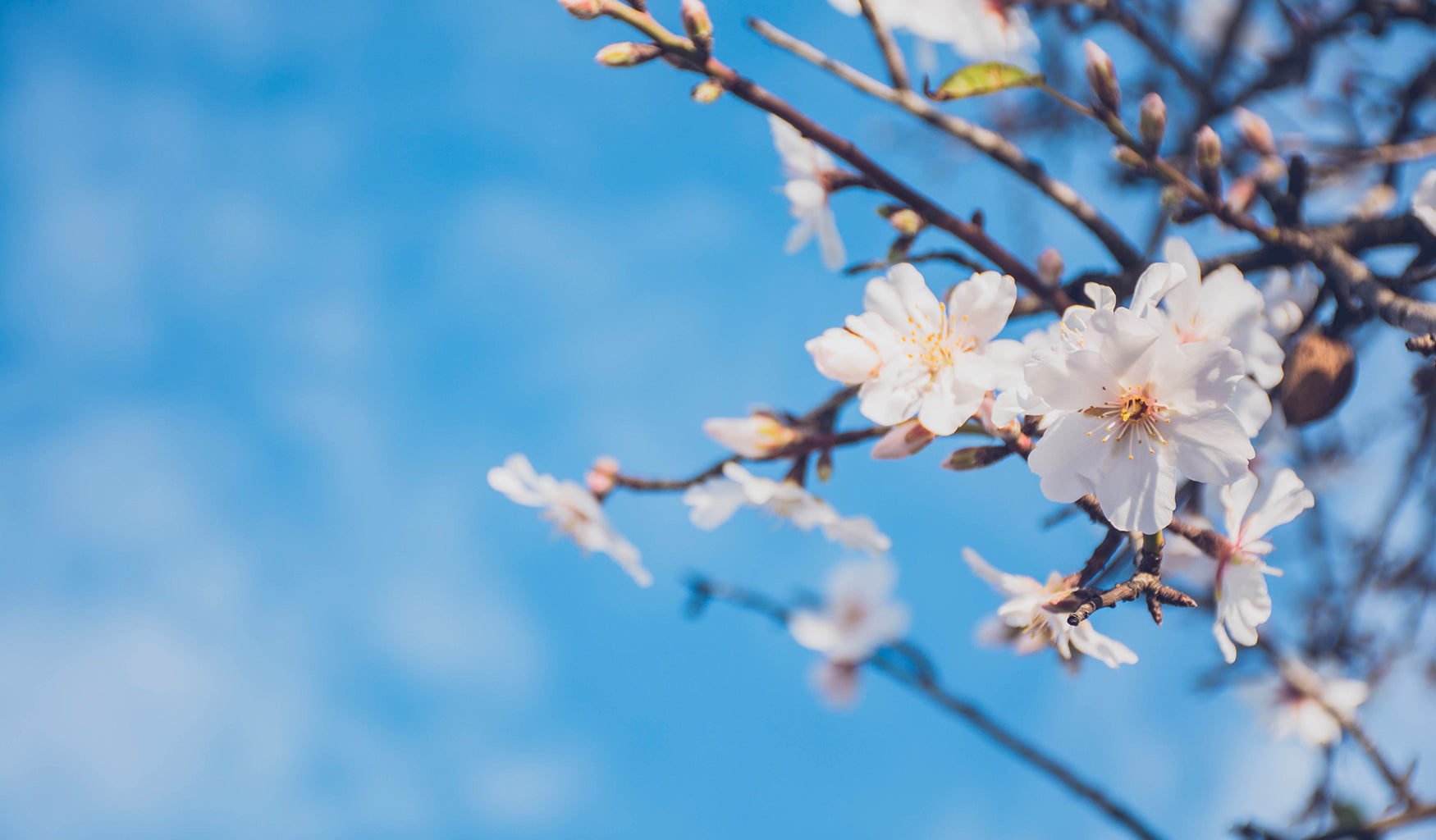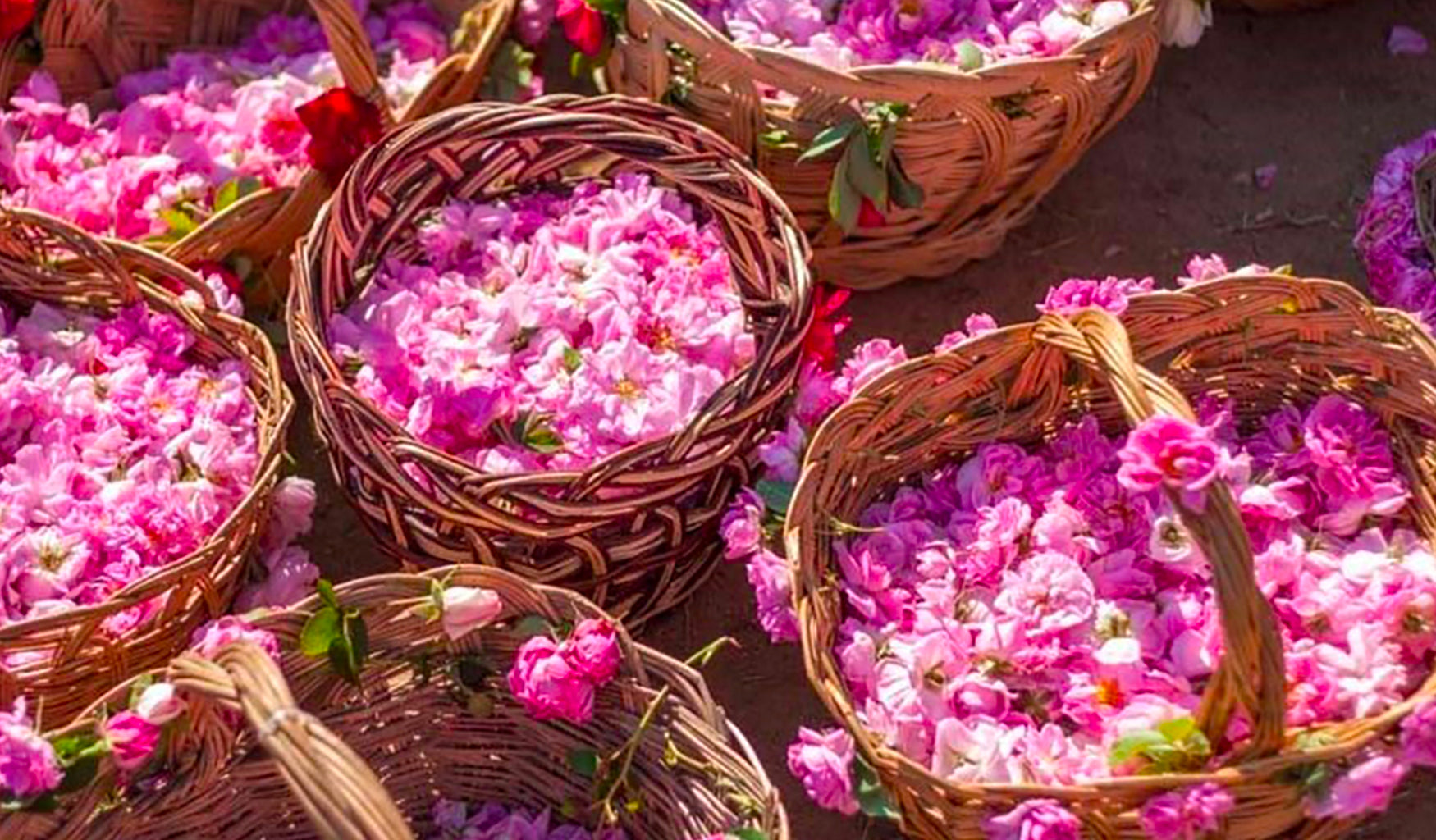
Winter fragrances
"Winter, tonight, smells of spring". This verse taken from Charles Guérin’s poetry would seem banal to anyone not used to caring for seasonal smells, yet for those who are, it is loudly eloquent.
What indeed does winter smell like? As the cold winds descend in Europe from the Arctic Circle, our atmosphere seems more and more shy with fragrances – all we smell now is the silence of the snow, the scent of spruce, that of mimosa quite luckily and much more often the intense and comforting smell of logs burning in the hearth.
Even so, this is a question one often hears amongst fragrance connoisseurs – what should we wear this winter?
The perfume industry, just like the fashion industry, creates its collections following the spring/summer and autumn/winter seasons pattern, attributing to the former an air of flowers and citrus, to the latter the smell of balsams, spices and amber. But is it rightfully so? One only has to spend a few summer days in the Gulf countries to realise that one smells more amber, saffron and oud than citrus and fruits. The opposite of our Western habits.
So, what do we smell in winter? Why does it seem that our fragrances turn mute so much so that at best “winter smells of spring”? What then should we wear, what would be best to wear? Together, let’s look for some answers directly where they lie...in our nose.
"Silence sky, silence earth”
The most obvious characteristic of the cold season is that we don’t smell much of it. As soon as snow falls, we are surprised by a real silence imposed on our senses. Sounds are muffled, the crystalline air carries naught to our nostrils but a frosty cold, our numb hands feel nothing but winter’s bite and we certainly taste our wine less well than when we enjoy it on a terrace in July.
As far as the sense of smell is concerned, this “winter silence” is very real and can be explained by two major factors, namely humidity and volatility, because according to the confession of a perfumer, "we do not smell a material so much as the air above it" and so now comes the time to briefly explain how our sense of smell works.
At the beginning of a perfume, there is a molecule or rather a set of odour molecules, soluble in air or water, which will be transported to the olfactory epithelium that lines the top of our nasal cavity. There, in the epithelium, the molecules are trapped by olfactory cilia and then bound via our olfactory receptors, to our olfactory receptors neurons which will then send the information they received to our brain so it can interpret it and activate our olfactive memory. The thing is: our cilia bathes in a protective mucosa, and that’s the thick of the issue.
For the molecules to reach their olfactory receptors, they must first bind to a certain protein and both proteins and mucosa highly depend on the ambient humidity to perform their duties well. A drier air means a drier mucosa and a drier mucosa means that the movement of the olfactory binding proteins will be, somehow, hindered and it is a fact well known that the air in winter is notably drier than in summer, which explains why we seem to smell less in winter and why in turn some odours are "stronger" in summer.
Yet, that is not the only reason why winter is less fragrant.
Ever wondered why cities smell so bad in summer? Think of Venetian streets reeking of silt and swamp or of dark alleyways in some summer-scorched town steaming with the stench of sewage and urine.
Just as our epithelium is less able to “trap” odour molecules in the drier winter weather, the molecules themselves are less wont to express themselves in cold temperatures. Several studies have indeed shown that trees and flowers release more molecules at warmer temperatures.
So not only do we smell less well in winter, but we smell less things altogether due to the lack of humidity to carry the scarce olfactory molecules to our olfactory receptors.
"Remain astonished"
In light of these observations, we might be tempted to stick to our usual winter routine and be content with a less fragrant season. However, there are some solutions to overcome this problem. One is to rely on another nerve important to our olfaction, the trigeminal nerve. It is the one responsible for the sensation of freshness when inhaling camphor or menthol, by the spiciness of pepper and pink berries, by the acidity of citruses, by the tanging of thyme, marjoram or oregano. Studies carried out with phenylethyl alcohol, which is mainly responsible for the scent of roses, have also highlighted the link between the activity of the trigeminal nerve and that of the olfactory nerve, the stimulation of the former making the latter more sensitive.
Therefore and against all odds, these scents that we so readily associate with summer would be more favourable for us to wear in winter. Instead of simply smelling, we could feel and count on the way our brain links scents and sensations to stimulate our olfactory nerve – trapping our mind in its own web. You might be surprised to find that your “summer scents” will be more lively, fresher, more sparkling and pungent in winter.
This approach, which could seem counter-intuitive is nevertheless more logical when it comes to olfaction itself. A perfect opportunity to rediscover fragrances that are often described as “light” and to enjoy their evanescent freshness.
However, should you be unable to give up on the comfort of your ambers and your regressive gourmands and your enveloping woody scents in winter, another solution would be to saturate the ambient air in order to correct the effect that the cold has on the expression of their molecules. This translates into a perfume ritual a tad heavier than usual, either by perfuming your clothes or by using oils or concretes which, though they are less volatile, are at least more tenacious and will thus make you think your perfume lasts longer throughout the day.
And since our sense of smell becomes accustomed to the odours of our environment, it might be nice for the wearer to vary his or her olfactory wardrobe this season, switching from an amber to another in order to gradually surprise their olfaction.
"Be gone, tenebrous shadows”
So what would our ideal selection be for this winter? Following what we just said, we at Histoires de Parfums could advise you to try out three fragrances – one more stimulating, one more cocooning and the last one being a combination of both moods.
This is not a Blue Bottle 1/.6 would be the most surprising but coherent choice. Its abundance of Citrus, bitter zests and phenylethyl alcohol has everything to grab your nerves by the shoulders. The impression will be one of virginal light, of hailstone-like purity yet comforting in the drydown with a base of ethereal Musks and enveloping Coumarin.
Ambre 114 is best suited for those who seek warmth. The finely tuned balance between Balsams and Vanilla makes it ideal to wear "in abundance" without fear of being smothered, while its Thyme and Geranium overture is sure to titillate your trigeminal nerve - enough to exist to your nose without assaulting it.
Finally, 1725 stands out as the harmony found, between its Citrus opening illuminated by the camphoraceous and floral effect of Lavender and its milky Almond and Sandalwood base set on a framework of fern - Geranium, Moss and Vetiver.
But as always when it comes to perfumes, our Histoires are better when they become yours...




اترك تعليقًا
This site is protected by hCaptcha and the hCaptcha Privacy Policy and Terms of Service apply.